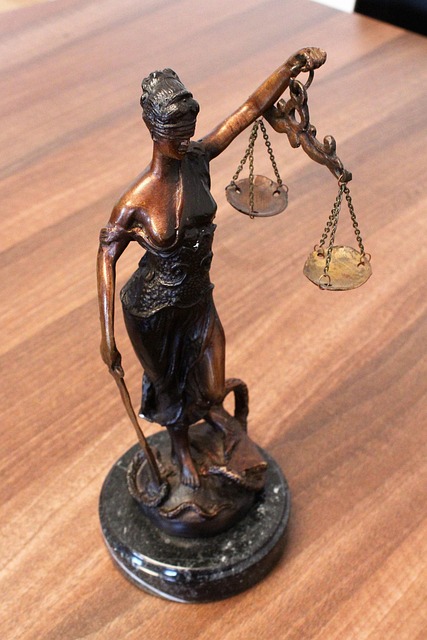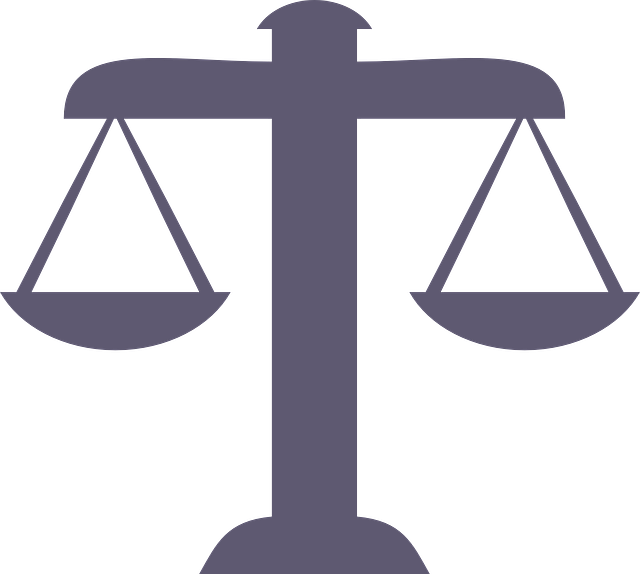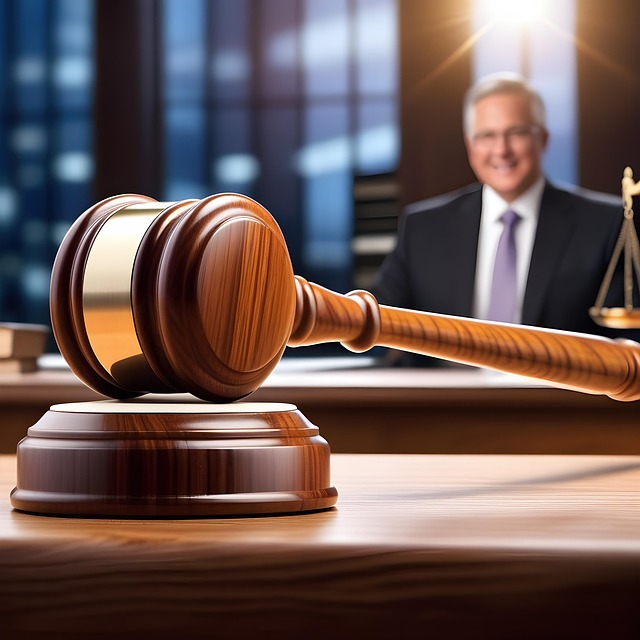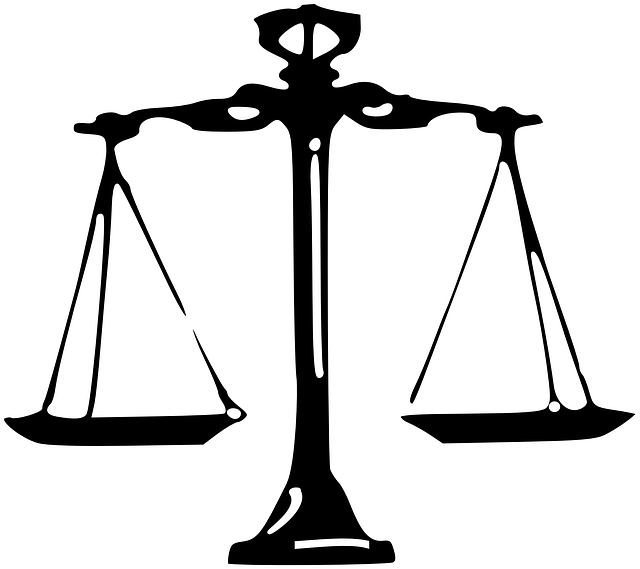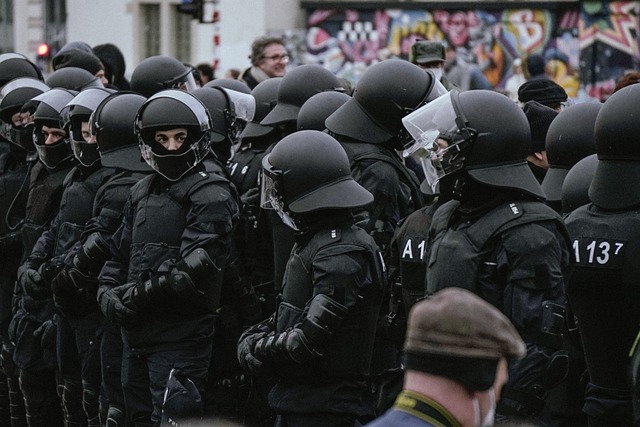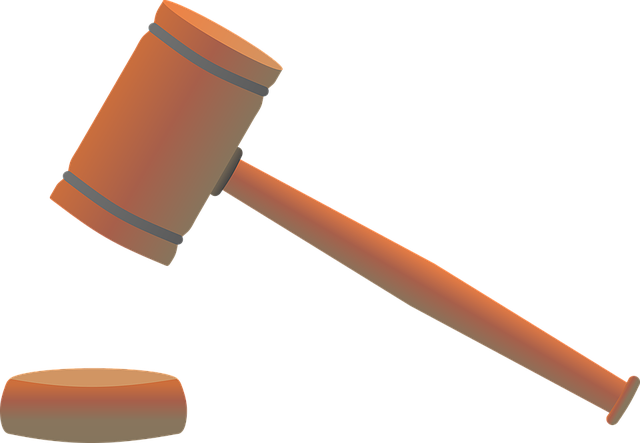Navigating the Challenges Faced During Jury Selection in Whistleblower Protection Lawsuits requires strategic approaches to overcome potential biases. Attorneys must address preconceived notions about whistleblowers, mitigate media influence, and select impartial jurors through detailed questionnaires, individualized questioning, and strategic strikes. Balancing corporate governance and public interest demands factual disclosures, expert witnesses, and diverse perspectives to ensure fair trials and impartial verdicts.
“Whistleblower Protection Lawsuits: Navigating Complex Legal Terrain
This comprehensive guide delves into the intricate world of whistleblower protection lawsuits, offering a detailed examination of key considerations. From understanding the legal framework to tackling unique challenges during jury selection, we explore strategies for success.
Key topics include overcoming biases among potential jurors in sensitive cases, managing media coverage’s impact on perceptions, and adopting effective legal strategies. By addressing these issues head-on, attorneys can ensure fair trials and protect the rights of whistleblowers.”
- Understanding Whistleblower Protection Lawsuits: A Comprehensive Overview
- Challenges in Identifying Suitable Jurors for Sensitive Cases
- Legal Strategies to Overcome Biases During Jury Selection
- Impact of Media Coverage on Potential Jurors' Perceptions
Understanding Whistleblower Protection Lawsuits: A Comprehensive Overview

Whistleblower Protection Lawsuits are designed to safeguard individuals who expose illegal or unethical activities within their organizations from potential retaliation. These cases often involve complex dynamics and unique challenges, particularly during jury selection. Understanding this process is crucial for both plaintiffs and defendants in high-stakes cases across the country.
The intricacies arise due to the delicate balance between encouraging whistleblowing—a vital component of corporate governance and public interest—and ensuring fair trials. Jurors must be able to set aside any bias or preconceived notions about whistleblowers, especially when defending organizations present compelling challenging defense verdicts. Effective jury selection strategies are essential to mitigate these challenges, ensuring that cases are judged impartially based on the evidence presented.
Challenges in Identifying Suitable Jurors for Sensitive Cases

Identifying suitable jurors for sensitive cases, such as whistleblower protection lawsuits, presents unique challenges. In high-stakes litigation involving corporate and individual clients, the potential impact on respective businesses can be immense, leading to a situation where impartiality becomes a rare gem. This complexity necessitates a meticulous jury selection process to ensure a fair trial.
During jury recruitment, attorneys must navigate through a pool of prospective jurors who may have preconceived notions or biases due to media coverage or personal affiliations. The challenge lies in uncovering hidden prejudices and ensuring that the chosen panel can set aside any prior knowledge or experiences that might cloud their judgment. Strategies to overcome these challenges include thorough juror questionnaires, individual questioning, and striking potential jurors based on specific criteria, all while striving for a diverse and representative jury body.
Legal Strategies to Overcome Biases During Jury Selection
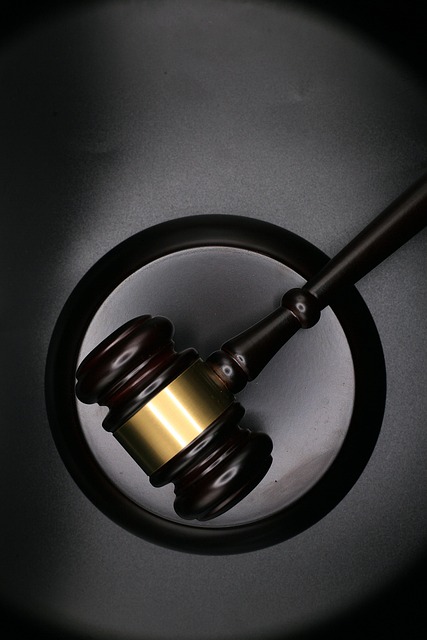
Whistleblower protection lawsuits often face unique challenges during jury selection due to inherent biases in the legal system. Jurors may harbor preconceived notions about whistleblowers, especially when cases involve powerful corporations or high-profile individuals. This can create a significant hurdle for both corporate and individual clients seeking justice. The complexities of these cases, which span across various stages of the investigative and enforcement process, require meticulous strategies to overcome such biases.
Attorneys must navigate the delicate balance between presenting compelling evidence and avoiding the impression of agenda-driven narratives. By focusing on factual disclosures and expert witnesses, legal teams can ensure a fair assessment of the case. This approach helps in educating jurors about the nuances of whistleblower actions, fostering an environment conducive to impartial decision-making. Moreover, involving respected figures from the philanthropic and political communities as witnesses or advisors can further mitigate potential biases, bringing diverse perspectives to the jury’s consideration.
Impact of Media Coverage on Potential Jurors' Perceptions

Media coverage plays a significant role in shaping public opinion and can pose unique challenges during jury selection for whistleblower protection lawsuits. With the power to influence potential jurors’ perceptions, media narratives often simplify complex legal matters, potentially leading to bias. The extensive coverage of high-profile whistleblowing cases can create a preconceived understanding among the public, making it difficult for juries to render impartial verdicts.
This phenomenon is particularly concerning in cases involving white-collar and economic crimes, where the involvement of the philanthropic and political communities may further complicate matters. As media outlets often focus on dramatic elements, they might misrepresent the nuances of these legal battles, impacting how jurors interpret the evidence presented. As a result, lawyers face the challenge of educating juries about the complexities of whistleblower protection while navigating the influence of media-driven perceptions.
Whistleblower protection lawsuits play a crucial role in upholding justice and safeguarding public interest. However, navigating these cases presents unique challenges, particularly during jury selection. Understanding potential biases and media influences is essential for ensuring fair trials. By employing strategic legal approaches to overcome these obstacles, including meticulous juror vetting and managing media coverage, the integrity of whistleblower protection lawsuits can be preserved. Addressing these complexities is vital to foster a judicial environment that encourages exposure of wrongdoing without fear of retaliation.
